Please sign in to access this resource
Not a Florida public school educator?
Access this resourceon CPALMS.com
General Information
Aligned Standards
This vetted resource aligns to concepts or skills in these benchmarks.Related Videos

Carbon can take many forms, including foam! Learn more about how geometry and the Monte Carlo Method is important in understanding it.

Don't overreact when this chemist describes physical and chemical changes that you can observe in your own kitchen!
Download the CPALMS Perspectives video student note taking guide.

Orange. Blue. Wait, orange. No, wait, blue. Chemistry!
Download the CPALMS Perspectives video student note taking guide.

A welder wields a plasma torch to cut solid metal like a hot knife through butter. It's one-stop shopping to see all four states of matter.
Download the CPALMS Perspectives video student note taking guide.

Get sooted up and join a collier as he discusses charcoal production at historic Mission San Luis.
Download the CPALMS Perspectives video student note taking guide.

Do you know everything about protons? Are you positive?
Download the CPALMS Perspectives video student note taking guide.

Learn more about the atomic model and antimatter!
Download the CPALMS Perspectives video student note taking guide.

A National Board Certified Teacher and Presidential Awardee for outstanding math and science teaching demonstrates a hands-on laboratory activity series to see which halogen/halide combinations will result in redox reactions.
Download the CPALMS Perspectives video student note taking guide.

Listen to this chemist describe a simple pH indicator experiment using foods and household chemicals.
Download the CPALMS Perspectives video student note taking guide.

Keep an eye on pH as you learn about what makes acids and bases.
Download the CPALMS Perspectives video student note taking guide.

Learn how molecules have the potential to be polar, but not all are.
Download the CPALMS Perspectives video student note taking guide.

Chemistry is pretty sweet. Also tasty if you understand oxidation and reduction reactions, but it may take a little MacGyvering.
Download the CPALMS Perspectives video student note taking guide.

Harry Kroto, from Florida State University, discusses the amazing element carbon, the compounds it forms, and the uses including carbon nanotubes.
Download the CPALMS Perspectives video student note taking guide.

Glass artist Russel Scaturro explains why graphite tools are required for fabrication with borosilicate glass.
Download the CPALMS Perspectives video student note taking guide.
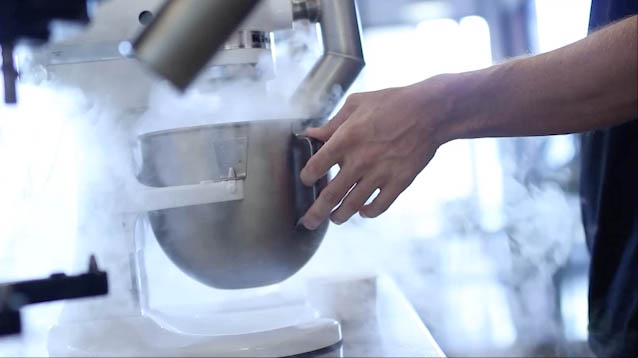
Dig in as Daniel Golik, Owner at Chill-N, describes how liquid nitrogen is used to create smooth ice cream in Miami. This video was created by students at Alonzo And Tracy Mourning Senior High School in Miami as part of the SECME STEM video competition.
Download the CPALMS Perspectives video student note taking guide.
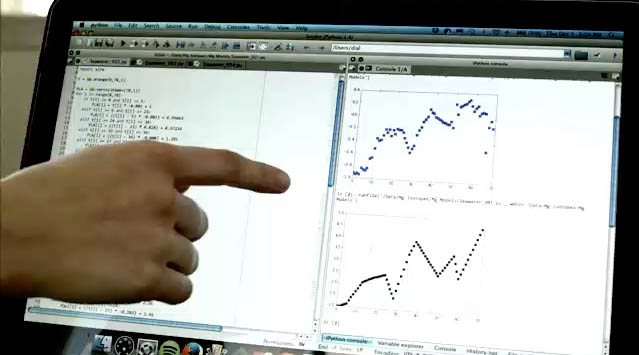
Angela Dial discusses how she solves systems of equations to determine how the composition of ocean floor sediment has changed over 65 million years to help reveal more information regarding climate change.
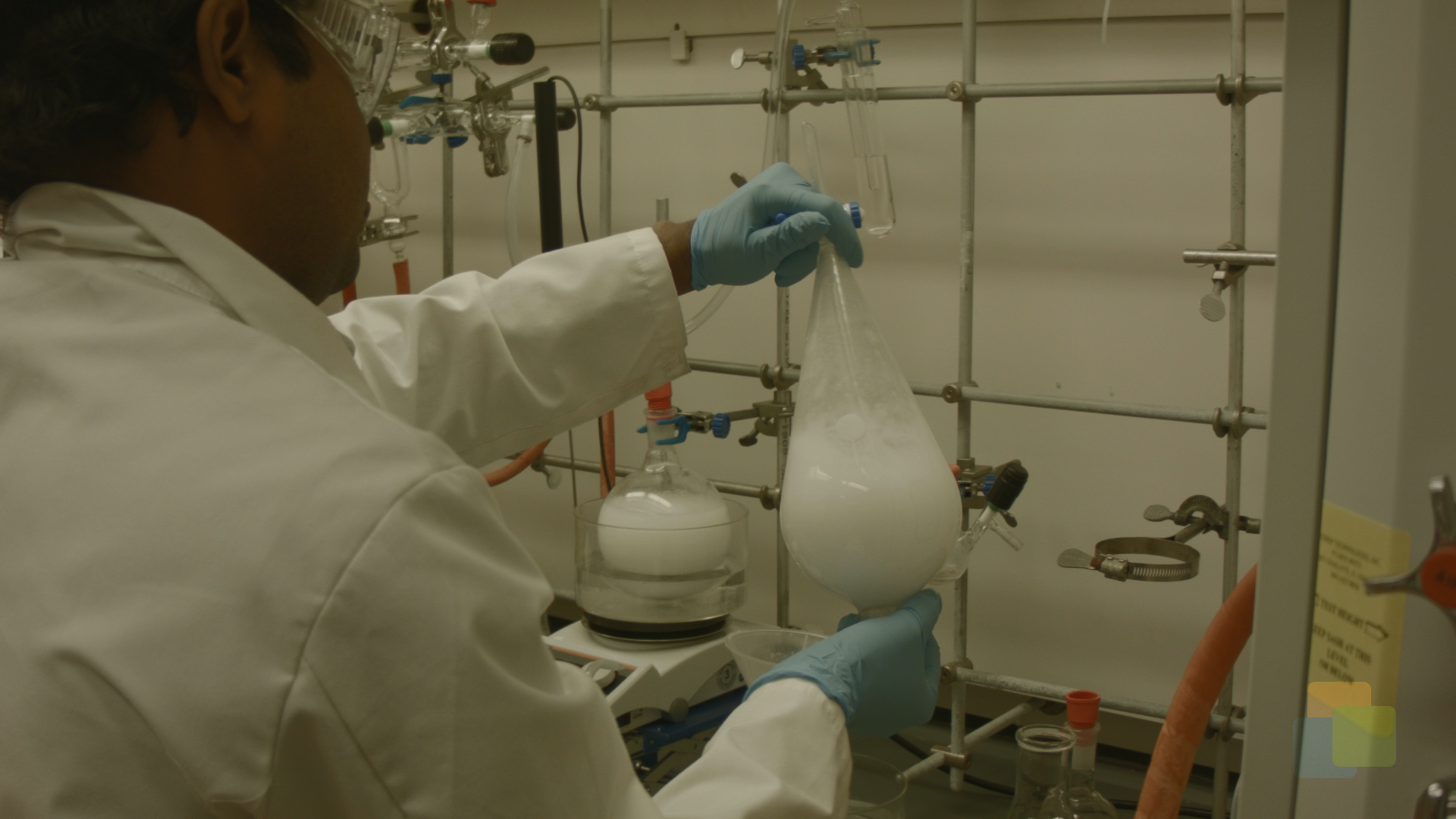
Watch as chemists make environmentally friendly plastics in the lab!
Download the CPALMS Perspectives video student note taking guide.

An equestrian describes, nay, explains mathematics principles applied to feeding a horse!
Download the CPALMS Perspectives video student note taking guide.

Let this researcher explain how studying fossils and isotopes can help us understand ancient climate conditions!
Download the CPALMS Perspectives video student note taking guide.

Get revved up about math when this motorcycle mechanic explains compression ratios.
Download the CPALMS Perspectives video student note taking guide.

Don't let math derail you. Learn how bicycle gears use ratios to help you ride comfortably on all kinds of terrain.
Download the CPALMS Perspectives video student note taking guide.

Math - the secret ingredient for an excellent cup of coffee!
Download the CPALMS Perspectives video student note taking guide.

Cycling involves a lot of real-time math when you use an on-board computer. Learn about lesson ideas and how computers help with understanding performance.
Download the CPALMS Perspectives video student note taking guide.

A science teacher demonstrates stepwise calculations involving multiple variables for designing robots with desired characteristics.

How much food do you need to cross the Pacific in a kayak? Get a calculator and a bag of almonds before you watch this.
Related Resources:
KROS Pacific Ocean Kayak Journey: GPS Data Set[.XLSX]
KROS Pacific Ocean Kayak Journey: Path Visualization for Google Earth[.KML]
Download the CPALMS Perspectives video student note taking guide.

Food is fuel, especially important when your body is powering a boat across the ocean.
Related Resources:
KROS Pacific Ocean Kayak Journey: GPS Data Set[.XLSX]
KROS Pacific Ocean Kayak Journey: Path Visualization for Google Earth[.KML]
Download the CPALMS Perspectives video student note taking guide.

Lofty ideas about kites helped power a kayak from California to Hawaii.
Related Resources:
KROS Pacific Ocean Kayak Journey: GPS Data Set[.XLSX]
KROS Pacific Ocean Kayak Journey: Path Visualization for Google Earth[.KML]
Download the CPALMS Perspectives video student note taking guide.

Dave Rodriguez demonstrates the use of a sling psychrometer to compare wet and dry-bulb temperatures to determine relative humidity.
Download the CPALMS Perspectives video student note taking guide.

Have a need for speed? Get out your spreadsheet! Race car drivers use algebraic formulas and spreadsheets to optimize car performance.

Kyle Dunn, a Tallahassee-based luthier and owner of Stringfest, discusses how math is related to music.
Download the CPALMS Perspectives video student note taking guide.
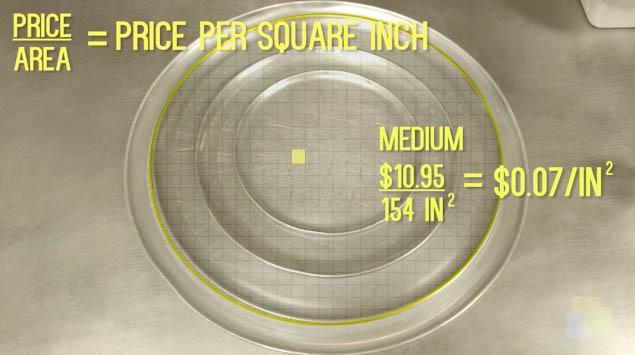
How many times larger is the area of a large pizza compared to a small pizza? Which pizza is the better deal? Michael McKinnon of Gaines Street Pies talks about how the area, circumference and price per square inch is different depending on the size of the pizza.
Download the CPALMS Perspectives video student note taking guide.
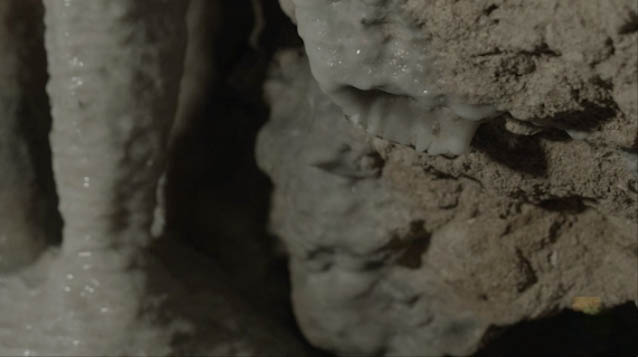
How long does it take to form speleothems in the caves at Florida Caverns State Parks?
Download the CPALMS Perspectives video student note taking guide.
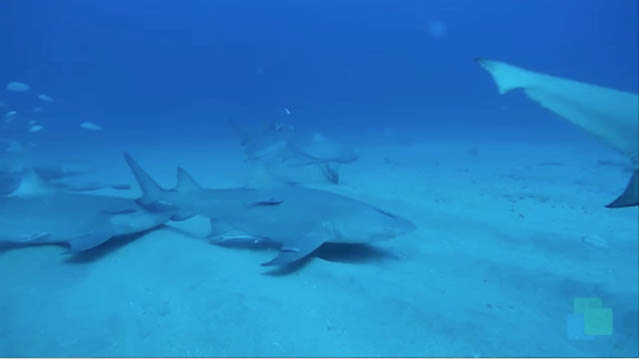
Fish Ecologist, Dean Grubbs, discusses how using statistical sampling can help determine legal catch rates for fish that may be endangered.
Download the CPALMS Perspectives video student note taking guide.
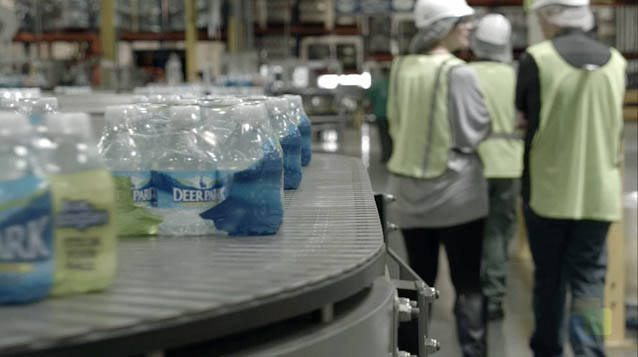
Nestle Waters discusses the importance of unit rate in the manufacturing process of bottling spring water.
Download the CPALMS Perspectives video student note taking guide.
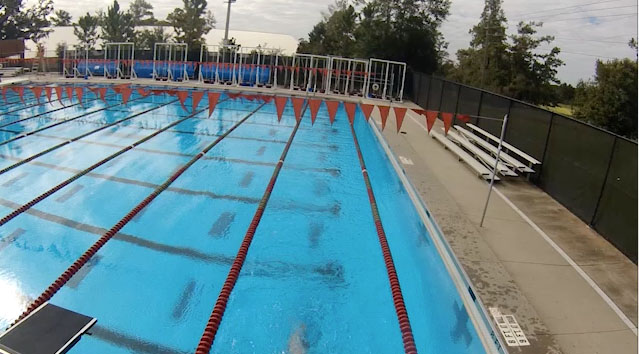
In this video, David Fermin demonstrates real-time estimates for monitoring swimming performance and physiology.
Download the CPALMS Perspectives video student note taking guide.
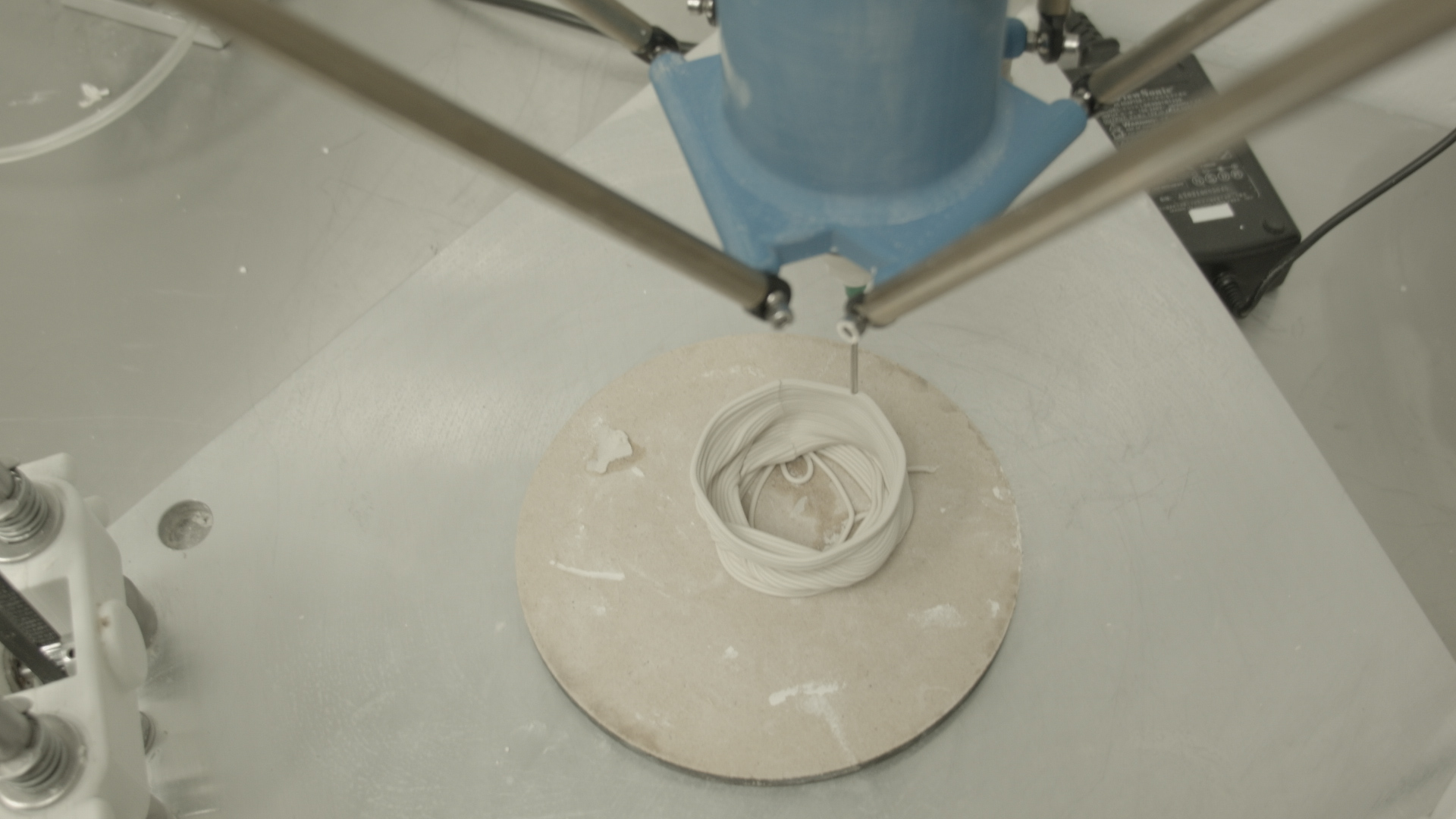
In this video, Matthew Lawrence describes how mathematical thinking is important for 3D printing with ceramic materials.
Download the CPALMS Perspectives video student note taking guide.

Ceramic glaze recipes are fluid and not set in stone, but can only be formulated consistently with a good understanding of math!

An archaeologist describes how mathematics can help prove a theory about mysterious prehistoric structures called shell rings.

This activity will send your measurement lab to new distances.

Get fired up as you learn more about ceramic glaze recipes and mathematical units.
![Cpalms [Logo]](/images/cpalms_color.png)







